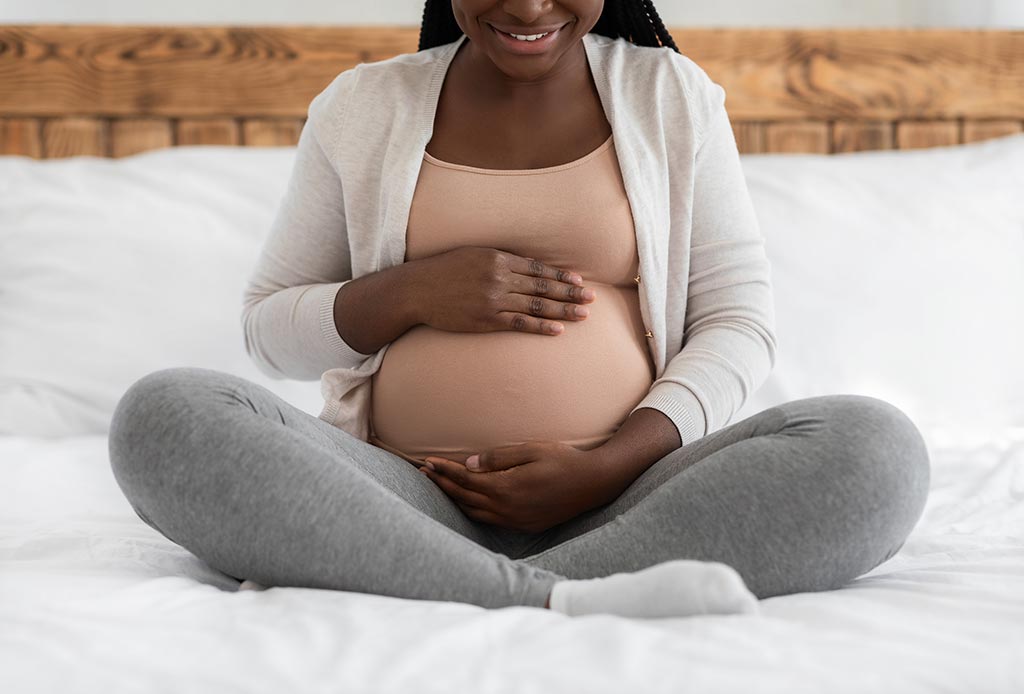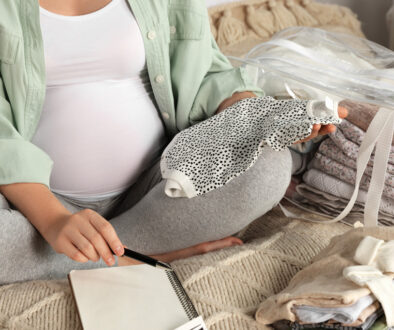Safe, Effective Solutions for Constipation Relief During Pregnancy
While pregnancy brings joyful expectation about meeting your little one for the first time, it also brings challenges. One of those is constipation and pregnancy. This is very common and affects roughly 39% of expectant mothers.
However, the good news is that there are some simple, safe and effective solutions for constipation relief during pregnancy. We’ll review a few of them below.
Try These Safe Solutions for Constipation Relief During Pregnancy
First, if you’re having trouble with constipation relief during pregnancy, we want to know. Don’t ever be embarrassed to talk to us. As a partner in your wellness, we want you to have the best care possible. A part of that is maintaining open and honest communication.
Remember that we’ll always take time to answer your questions.
There are some good options for constipation relief during pregnancy. Some of them are simple dietary or lifestyle changes. They include:
Eating 25 to 30 grams of foods that are high in fiber every day.
Fiber is important because it softens your stool. This makes it easier to pass. Good sources of fiber include:
- Whole grains
- Vegetables
- Fruits
- Lentils
- Beans
- Peas
We’ll be glad to work with you to help you plan a menu so you’re getting plenty of these important foods.
Drinking 8 to 12 cups of water every day.
Remember that you need more fluid when you’re pregnant. This will also help soften your stools. While we recommend you stick with water as your main source of hydration, you can choose other healthy options. These can include low-fat milk smoothies, tea and juices. Just be sure to check the label to be sure these drinks are not loaded with sugar.
Exercising
We recommend 20 to 30 minutes of moderate exercise a day for at least 5 days a week. This will help move your waste throughout your bowels. However, remember that there are certain exercises that you should not do while you’re pregnant. We take a closer look at these in our earlier blog, What Exercises Are Safe During Pregnancy?
Asking us about a different prenatal vitamin
We believe that a prenatal vitamin is vitally important to the healthy development of your baby. But we can recommend one that has less iron. Iron can be the cause of constipation in pregnant women. If you have been told that you are anemic or have a history of anemia, please consult with us regarding changing your vitamin before making any changes on your own.
What Type of Laxatives Are Safe to Take During Pregnancy?
If these measures don’t relieve your constipation, we can consider taking laxatives. Again, it is very important to speak with us first, even before taking over-the-counter laxatives. You should also steer away from home remedies like castor oil or mineral oil
Remember that not all over-the-counter laxatives have been extensively tested for safety during constipation and pregnancy. However, laxatives that aren’t absorbed by the body are typically considered safe. Saline laxatives may also be used during constipation and pregnancy.
Some laxatives we may recommend include:
- Metamucil
- FiberCon
- Miralax
- Milk of Magnesia
- Dulcolax
- Colace
What Causes Constipation During Pregnancy?
Lifestyle and diet can always contribute to constipation, and many pregnant women may find that they are not getting enough fiber. However, there are other factors to consider.
4 Causes of Constipation During Pregnancy
1. Hormonal changes
During pregnancy, your body is making more progesterone. Because progesterone relaxes your intestines, they don’t work as hard to push waste out. Because of this, food remains in your body for a longer period of time—and your body draws the moisture out of it. The longer it remains in your body, the more likely you are to develop constipation.
2. Your baby
Your uterus will be heavier because it’s supporting a growing fetus. The result? Extra weight on your bowels. This makes it hard to have a bowel movement.
3. Prenatal vitamins
Prenatal vitamins are very important to help you reduce the chances of your baby developing birth defects. However, they also contain iron. Sometimes, this can make it harder for your gut bacteria to break down food.
4. Not drinking enough water
As we mentioned earlier, your waste stays in the bowel longer, where more moisture is absorbed from it. By drinking more water, you can soften the waste to keep from being constipated. This is an important aspect to consider with constipation and pregnancy.
Need Constipation Relief During Pregnancy? Schedule an Appointment With Us
Of course, healthy bowels are just one challenge of your pregnancy. Heartburn and morning sickness, are other gastrointestinal issues you may experience. We will stand by you throughout your entire pregnancy, providing support and expert care along the way. When you hold your baby in your arms for the first time, all the challenges will be worth it.
Schedule an appointment with us today.





